H.R. 4719: Freedom to Move Act
The bill titled the Freedom to Move Act aims to support local governments in providing fare-free public transportation services and improving overall public transit accessibility. Here are the key components of the bill:
Purpose
- To invest in state and local efforts to implement fare-free public transportation.
- To enhance access to safe and reliable mass transit systems, especially in communities that need it the most.
Grant Program
- The bill establishes a grant program called Freedom to Move Grants to financially assist eligible local entities in covering revenue losses from eliminating transit fares.
- Grants will be awarded on a competitive basis and must be distributed within 360 days after the bill's enactment.
Eligibility and Application Process
- Eligible entities for grants include state and local governments, transit agencies, and certain non-profit organizations focused on public transportation.
- Entities must provide detailed plans on how they will implement fare-free transit and improve transit service, including:
- Plans for redesigning bus networks.
- Collaboration with community stakeholders to support outreach and awareness of fare-free programs.
- Assessment of transit equity and strategies to address mobility gaps in the current system.
- Policies for fare evasion enforcement, aiming to eliminate punitive measures for fare evasion.
Funding Duration and Use
- Grants will be available for a period of five years.
- Funds can be used to implement fare-free programs and improve public transportation infrastructure, including:
- Bus stop safety and accessibility improvements.
- Investments in operational capacity to handle increased ridership.
- Design and construction of pedestrian and bicycle facilities related to public transport.
Reporting Requirements
- Entities receiving grants must report on their progress regarding demographic data of the communities they serve, focusing on closing equity gaps in transit access.
- A report will be required three years after grant funds are released, detailing the effectiveness of the program in meeting its objectives and assessing demographic impacts.
Funding Authorization
- The bill authorizes $5 billion annually for five years (2026-2030) to support these initiatives.
Relevant Companies
- None found
This is an AI-generated summary of the bill text. There may be mistakes.
Sponsors
26 bill sponsors
-
TrackAyanna Pressley
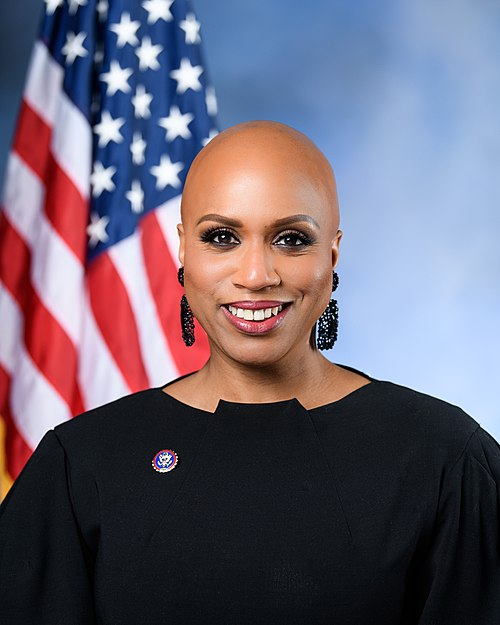
Sponsor
-
TrackAlma S. Adams
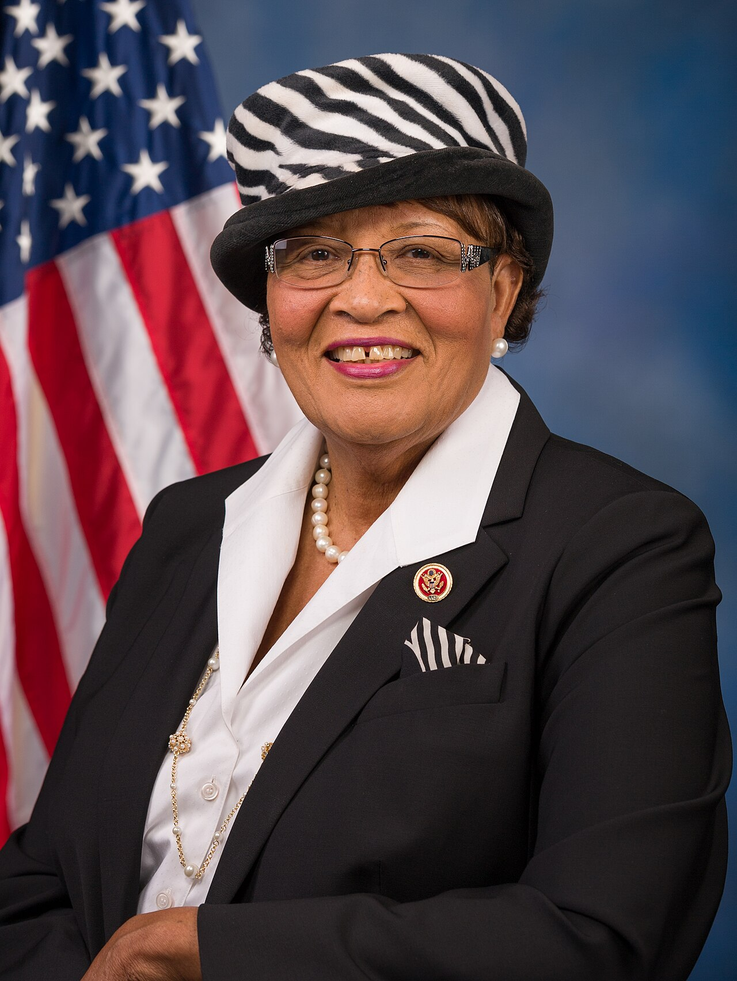
Co-Sponsor
-
TrackJoyce Beatty
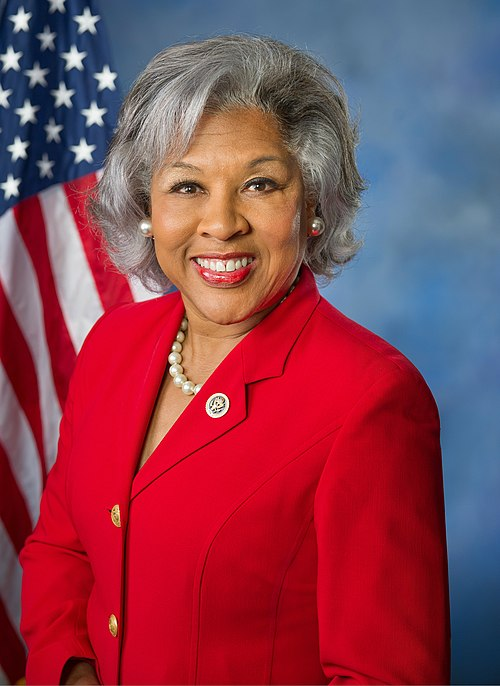
Co-Sponsor
-
TrackSanford D. Bishop, Jr.
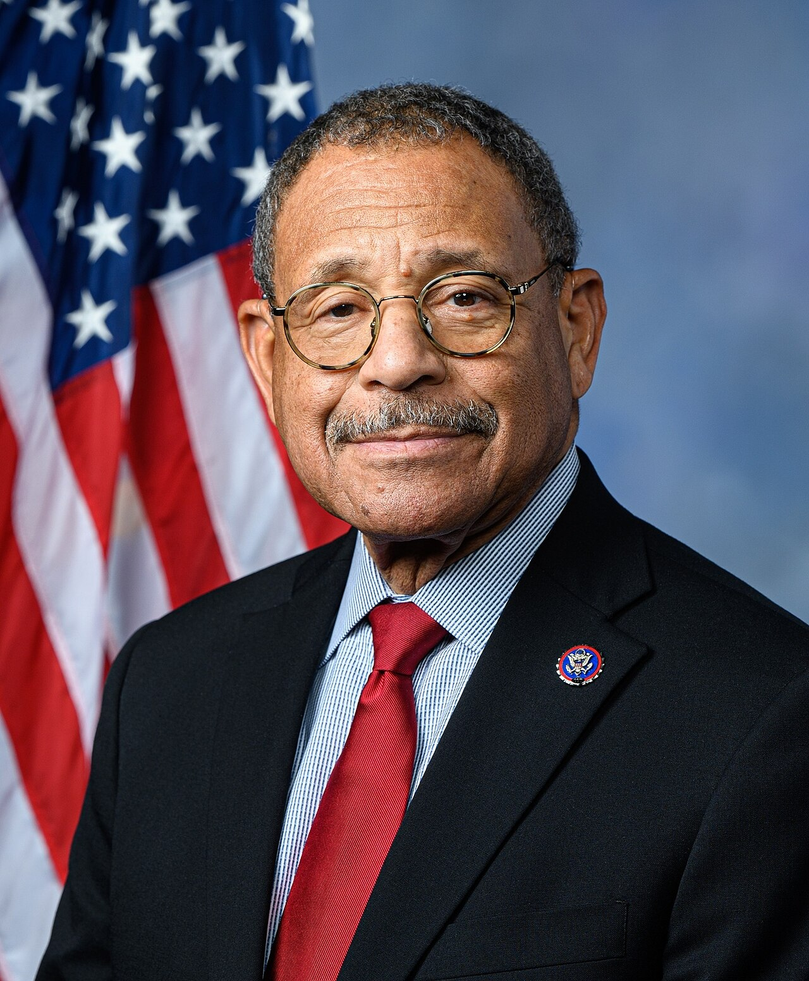
Co-Sponsor
-
TrackShontel M. Brown
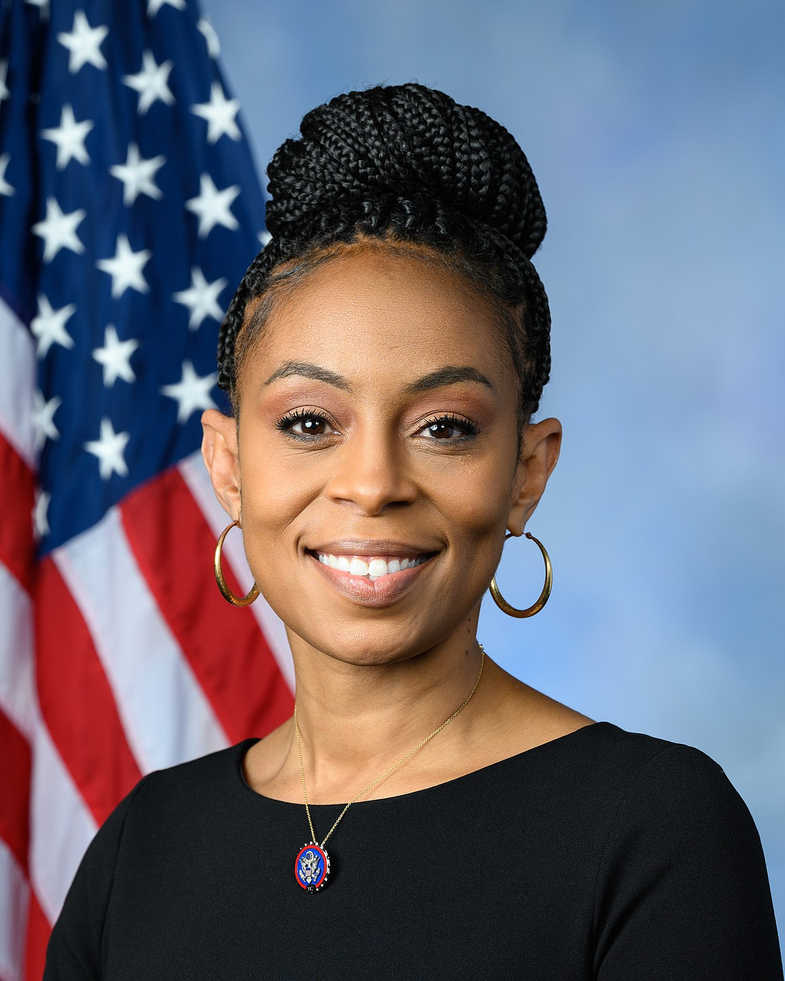
Co-Sponsor
-
TrackAndré Carson
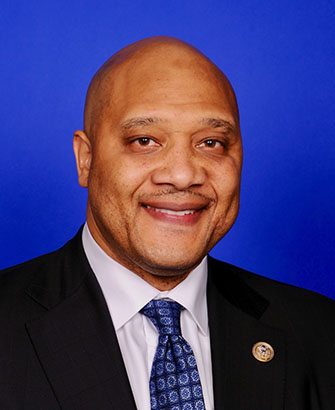
Co-Sponsor
-
TrackEmanuel Cleaver
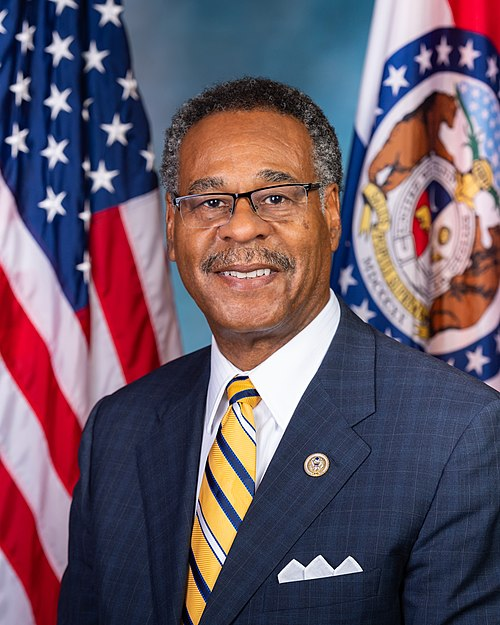
Co-Sponsor
-
TrackJames E. Clyburn
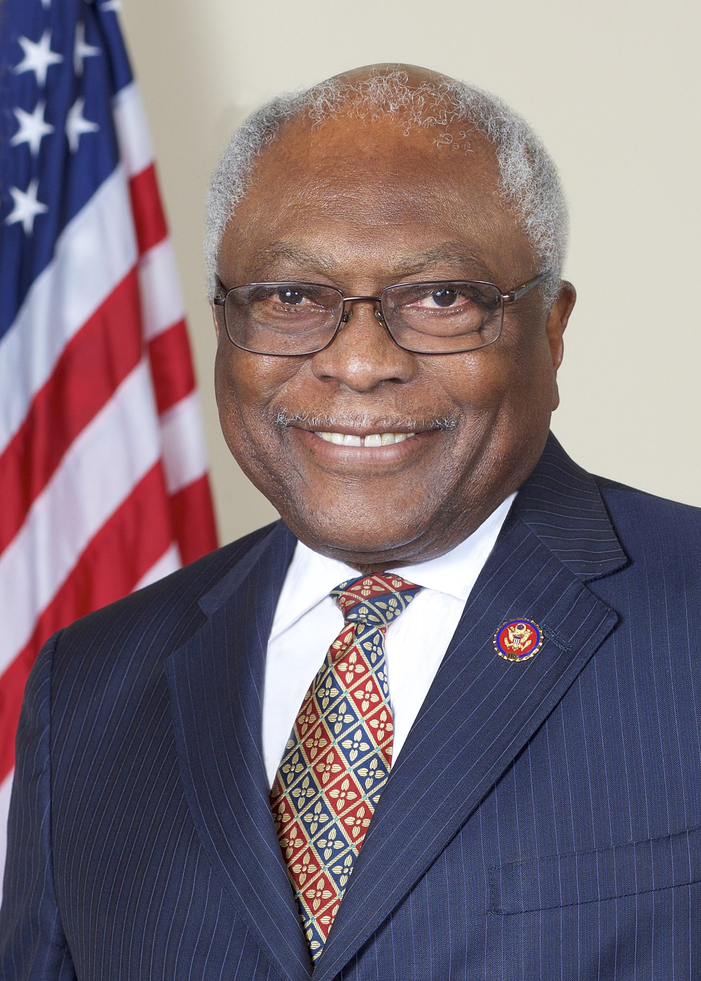
Co-Sponsor
-
TrackJasmine Crockett

Co-Sponsor
-
TrackDanny K. Davis
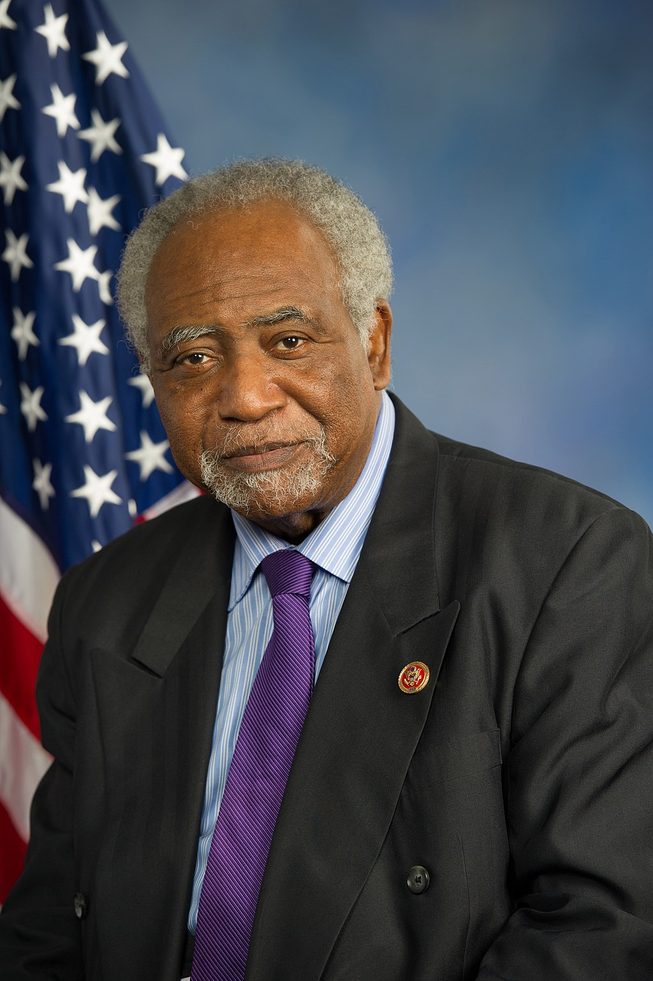
Co-Sponsor
-
TrackCleo Fields

Co-Sponsor
-
TrackJahana Hayes
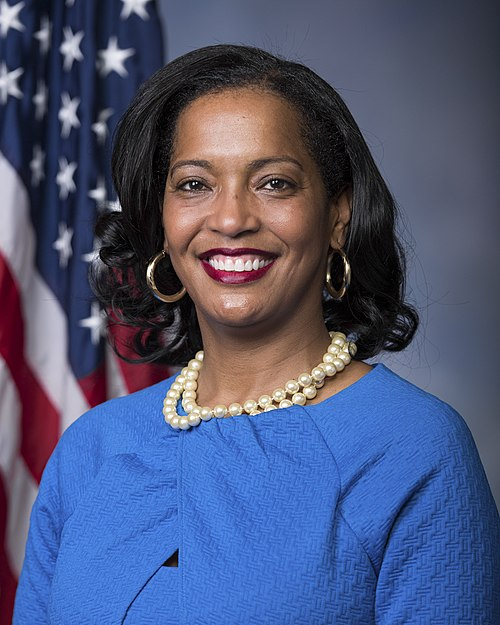
Co-Sponsor
-
TrackJonathan L. Jackson

Co-Sponsor
-
TrackHenry C. "Hank" Johnson, Jr.

Co-Sponsor
-
TrackSummer L. Lee

Co-Sponsor
-
TrackSeth Magaziner
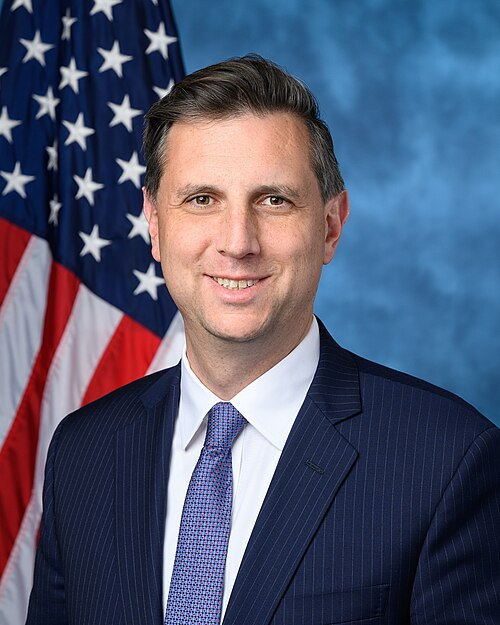
Co-Sponsor
-
TrackLaMonica McIver
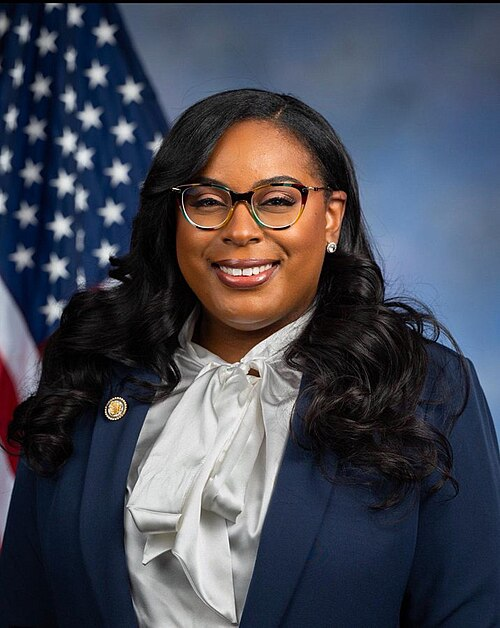
Co-Sponsor
-
TrackGrace Meng
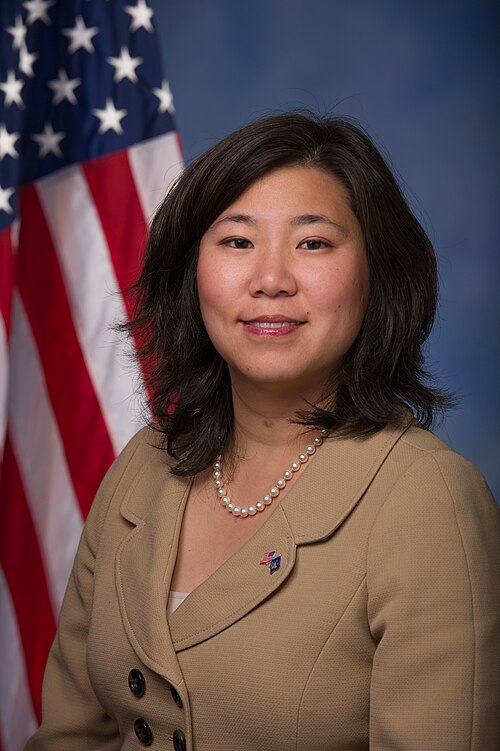
Co-Sponsor
-
TrackGwen Moore
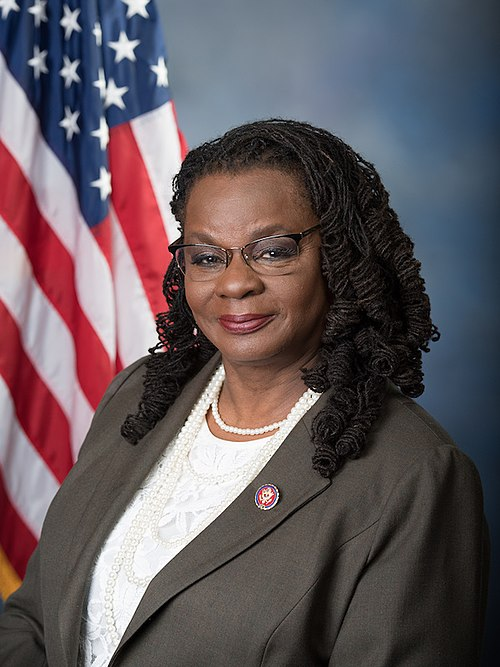
Co-Sponsor
-
TrackEleanor Holmes Norton

Co-Sponsor
-
TrackAlexandria Ocasio-Cortez
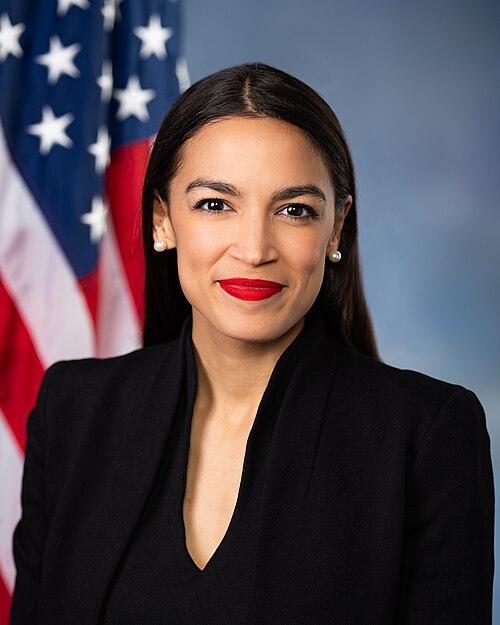
Co-Sponsor
-
TrackIlhan Omar
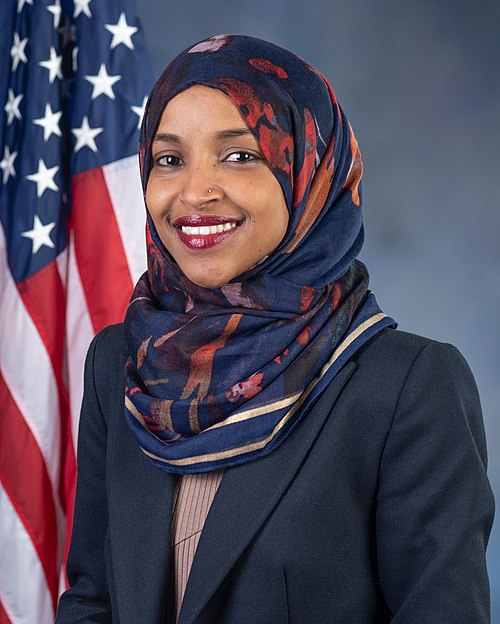
Co-Sponsor
-
TrackDelia C. Ramirez
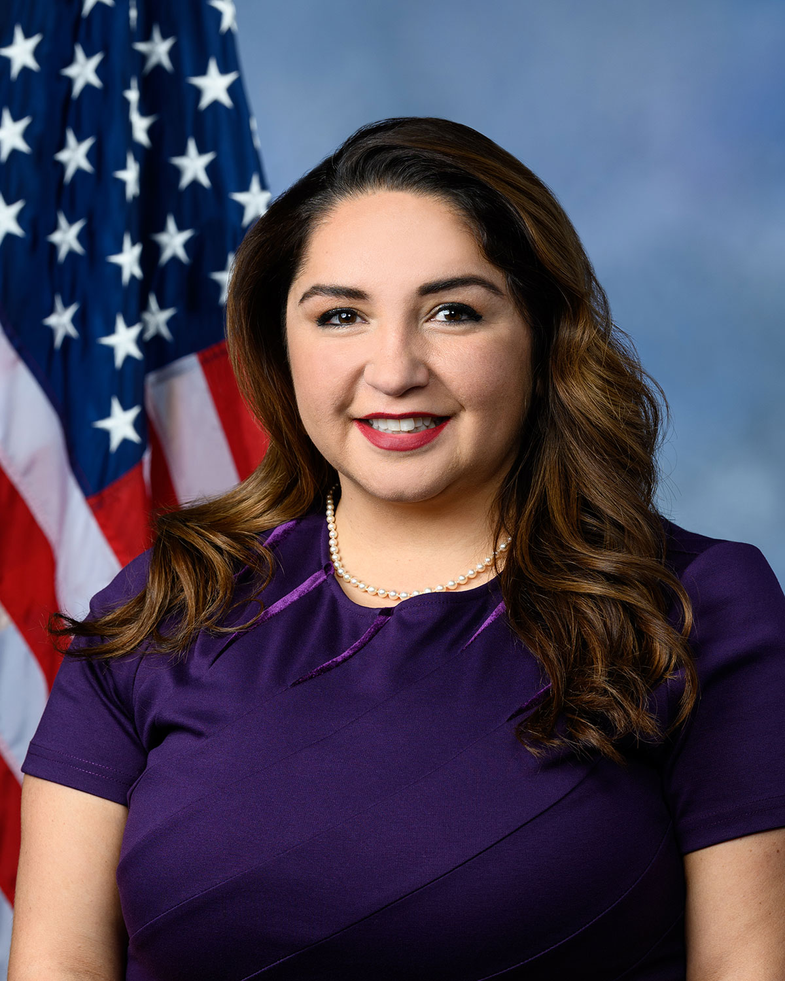
Co-Sponsor
-
TrackLateefah Simon
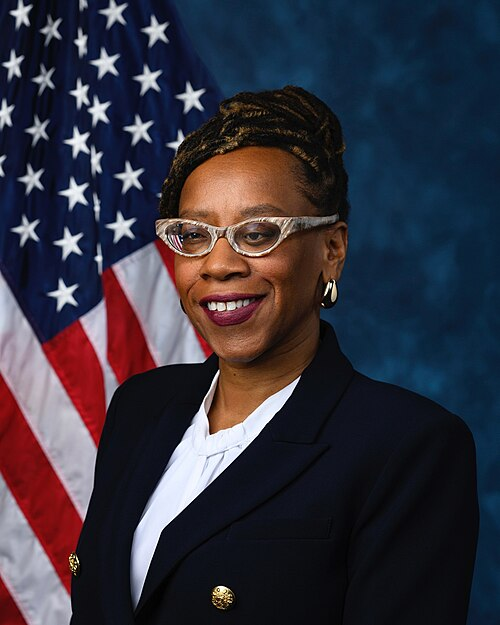
Co-Sponsor
-
TrackRashida Tlaib
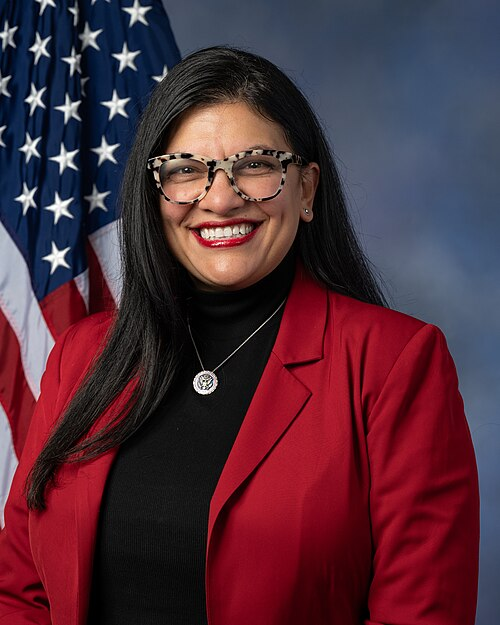
Co-Sponsor
-
TrackNikema Williams
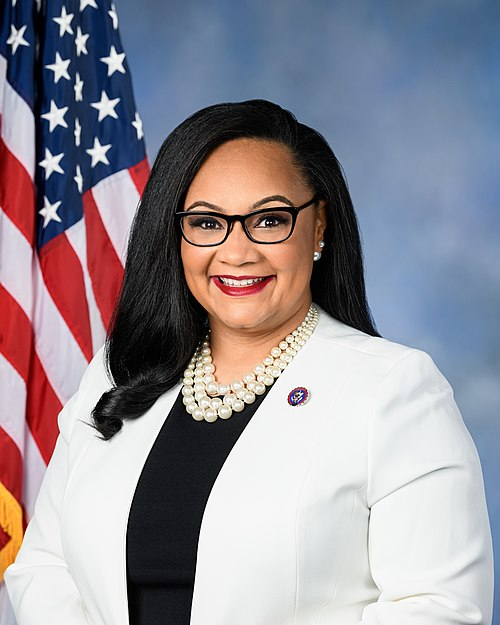
Co-Sponsor
Actions
3 actions
| Date | Action |
|---|---|
| Jul. 24, 2025 | Referred to the Subcommittee on Highways and Transit. |
| Jul. 23, 2025 | Introduced in House |
| Jul. 23, 2025 | Referred to the House Committee on Transportation and Infrastructure. |
Corporate Lobbying
0 companies lobbying
None found.
* Note that there can be significant delays in lobbying disclosures, and our data may be incomplete.
Potentially Relevant Congressional Stock Trades
No relevant congressional stock trades found.